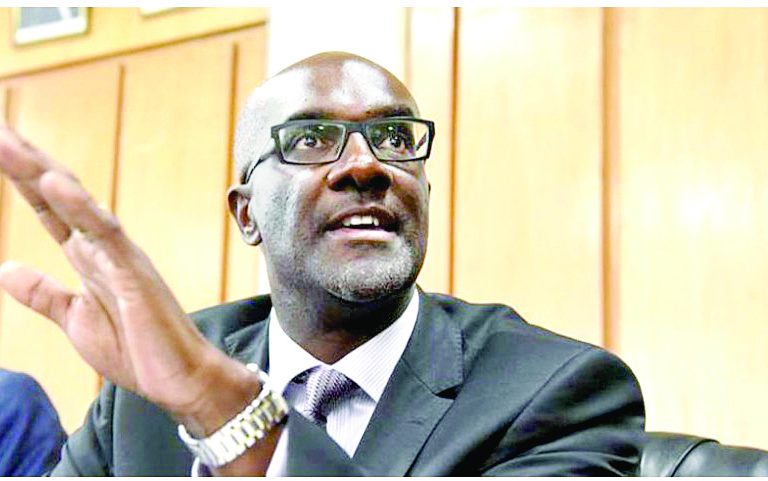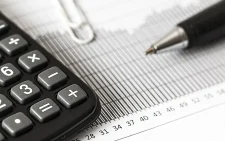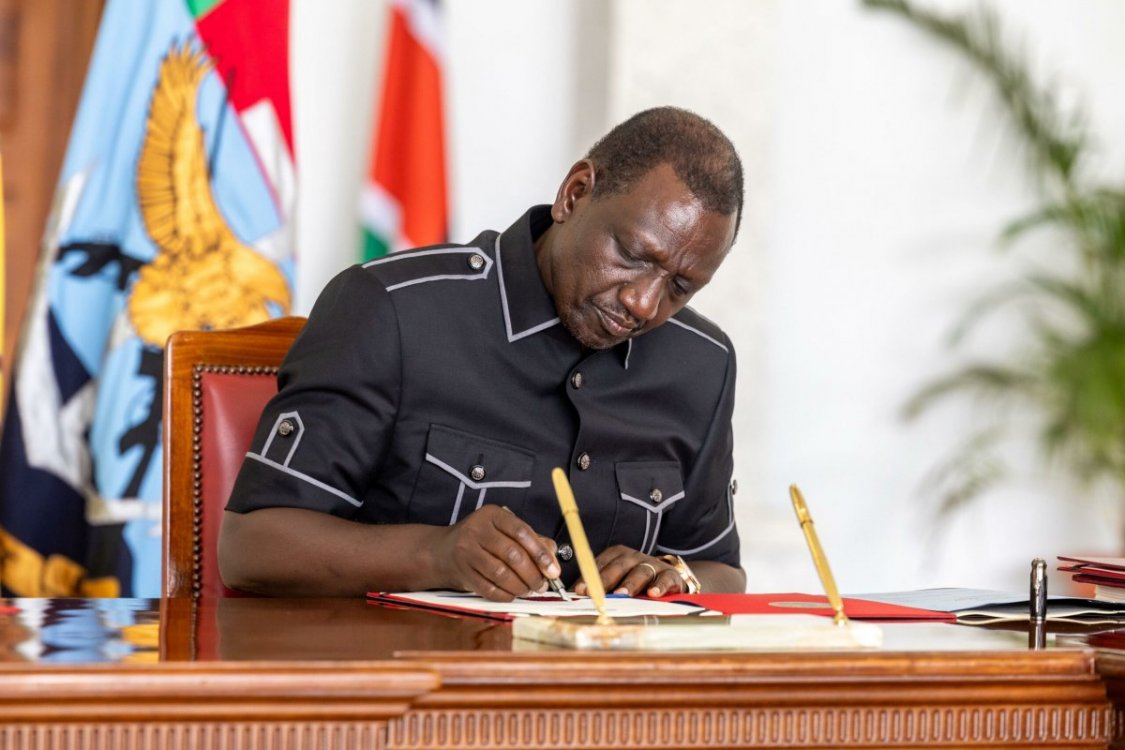Air operators caution against reintroduction of aircraft tax

Kenya Association of Air Operators (KAAO) have cautioned the government against the re-introduction of taxes on the importation of aircraft and aircraft spare parts, noting that such a move would have ripple effects not only on the aviation sector but also on other related industries.
During a meeting on Monday, May 26, 2025, the association, led by Chairman Mbuvi Ngunze, emphasised the direct connection between aviation and other sectors, including tourism, health, and agriculture.
He stated that the Finance Bill 2025 re-introduces significant tax provisions that will inevitably affect the aviation sector, quoting the restoration of long-standing value-added tax exemptions on aviation-related goods and services, including aircraft, spare parts and maintenance equipment, RDL fees and additionally, removing tax on exported goods.
Ngunze explained that Chapter 88 of the East African Customs Union Common External Tariff covers aircraft, spacecraft and parts thereof and that there are exemptions that have been introduced that limit those owning aircraft above 2,000 kilos.
“That disadvantages other aviation-related equipment, including spare parts, which are in Chapter 88, and those covered in other chapters of the tax code,” Ngunze told the National Assembly’s Finance and National Planning Committee.
“Exemptions are not only a good-to-have, but are an essential part of the industry cost structure, as most of the revenues in aviation are not convertible, meaning no offset is possible, thus having a direct impact on cash flow and operating costs,” he added.
According to the current VAT Act, aircraft spare parts are listed as exempt; however, the government, through the incoming finance bill, is seeking to subject both the aircraft and the aircraft spare parts to VAT.
“Section A of Part I of the First Schedule to the Value Added Tax Act is amended in paragraph 89, by deleting the words ‘other aircraft spare’ and substituting therefore the word ‘aircraft’,” the finance bill reads in part.
The association further states that the VAT on the spare parts will lead to significant costs, resulting in cadet operators losing their competitiveness due to increased costs of purchasing, leasing or financing the equipment.
Ngunze added that it will also increase the costs of the importation of aircraft, aircraft engines and parts, leading to increased operational costs, which will ultimately be borne by the turbulent market impacting Kenya’s aviation sector competitively.
Uncertified parts
Additionally, any cost increases may deter aeroplanes from timely maintenance and the purchase of uncertified parts, impacting safety.
“Within the African context, the multiple jurisdictions have maintained VAT exemption or zero-rating mechanisms to preserve sector competitiveness and attract investment,” he argued.
They now want the previous exemptions to be retained, noting that the exemptions that were given to the industry in 2023 led to the importation of over 30 aircraft equipment between 2023 and July of last year.
“So, you can see how the exemption of this VAT has led to significant growth in the industry. So, our request will be to reinstate Paragraph 49, allowing for the exemption of aircraft and spare parts from VAT,” Liz Aluvanze, the CEO of the association, stated.
She also proposed the reinstatement of the exemption of direction-finding compasses, instruments, and appliances from VAT, noting that this will again result in higher costs for aircraft maintenance, which has a safety implication, as the cost will be extremely high to the industry.
“This will have a negative impact on local aircraft maintenance organisations too, as it will be cheaper to outsource maintenance activities in other countries that are tax-exempt,” she argued.
In regard to economic impact, the association argued that the aviation sector and the supply chain contribute $1.2 billion to Kenya’s gross domestic product (GDP), which is equivalent to 1.1 per cent.
Together with the wider supply chain, tourism and employment spending, the sector contributes $3.3 billion (Sh425.7 billion) in economic activity, accounting for 3.1 per cent of national GDP.
“I would also like to add here that Kenya’s aviation sector contributes 380,000 tonnes of cargo, which is the 35th largest cargo market in the world, and Kenya is the 88th largest market for passenger departures in the world,” Ngunze stated.
On a regional basis, Tanzania’s aviation and aviation-related activity is valued at USD3.8 billion (Ksh490.2 billion), which is 4.8 per cent of its GDP, and creates over 711,000 jobs compared to Kenya’s 460,000 jobs.













